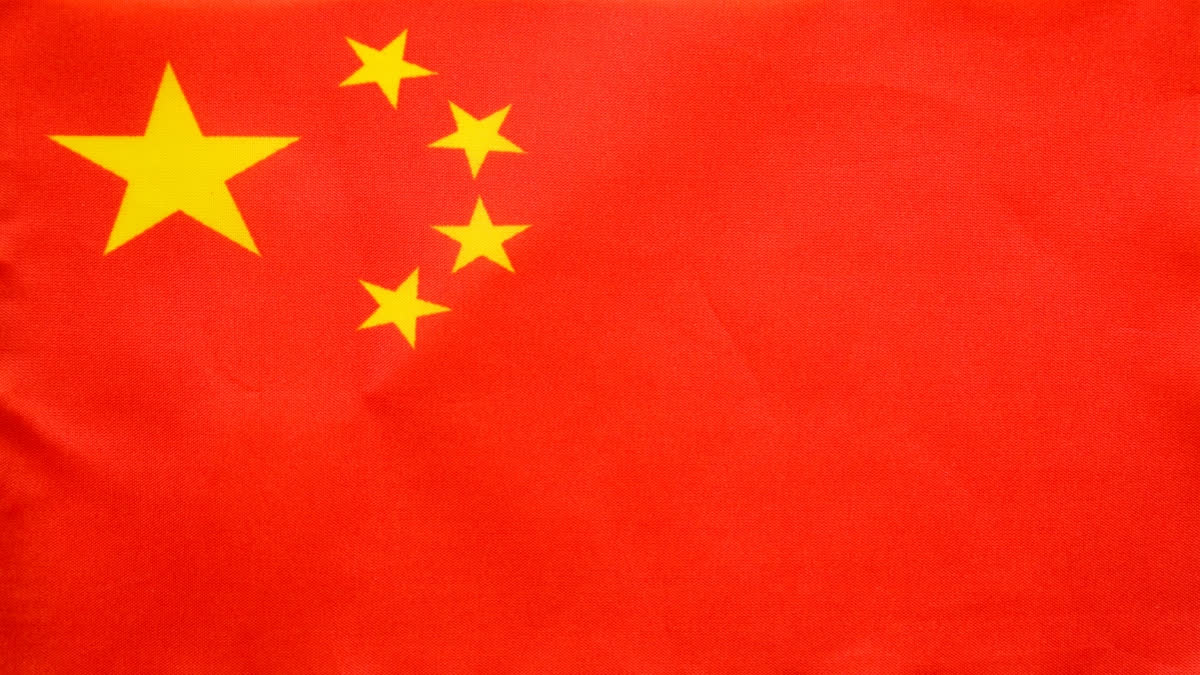New Delhi: China has reportedly conveyed its displeasure to Sri Lanka for banning the entry of Chinese vessels into the latter’s exclusive economic zone (EEZ) ostensibly to do research work. In December last year, Sri Lanka had put a one-year moratorium on the entry of all foreign research vessels into its territorial waters. The moratorium came into effect from January 3 this year. The decision was taken after New Delhi red-flagged Colombo when China sought permission for entry of its vessel Xiang Yang Hong 3 into Sri Lanka’s EEZ ostensibly for doing research work.
Now, China is reported to have expressed its dissatisfaction to Sri Lanka for imposing the moratorium. “… The Chinese authorities were annoyed by the decision and conveyed its displeasure to Sri Lanka for taking such a decision at the influence of another country,” the Daily Mirror news website reported.
The Xiang Yang Hong 3 is officially owned by the Third Institute of Oceanology of the Chinese Ministry of Natural Resources. It is worth mentioning here that India has been strongly protesting the repeated visits by Chinese vessels to the waters of the south Indian Ocean, a region New Delhi considers to be under its sphere of influence, ostensibly for research purposes.
In October last year, Sri Lanka’s Foreign Ministry granted permission for the Chinese vessel Shi Yan 6 to engage in supervised marine research along its west coast for a two-day period. The vessel, initially docked in Colombo for “replenishments” amid apprehensions of potential espionage, was authorised for research activities under close monitoring. This was in response to India’s security concerns related to China’s growing presence in the Indian Ocean and its strategic influence in Sri Lanka.
The US, too, had voiced concerns about the visit of the Shi Yan 6 to Sri Lanka. During a meeting with Sri Lankan Foreign Minister Ali Sabry on the sidelines of the UN General Assembly Session in New York in September last year, US Undersecretary for Political Affairs Victoria Nuland had raised this matter.
Sri Lanka is under pressure from Japan, too, on this issue, according to reports. India, the US and Japan, along with Australia, are part of a Quad that is working for a free and open Indo-Pacific in the face of Chinese hegemony in the region that stretches from the east coast of Japan to the east coast of Africa.
Prior to the visit of the Shi Yan 6, in August 2023, a Chinese ship claiming to be a research vessel docked at Colombo port ostensibly for replenishments. The Hao Yang 24 Hao actually turned out to be a Chinese warship. The 129-metre-long ship is manned by a crew of 138 and is commanded by Commander Jin Xin.
In 2022, too, India had strongly protested when a Chinese survey vessel called the Yuan Wang 5 was allowed to dock at the Hambantota port in Sri Lanka. Though the ship was described as a research and survey vessel, security analysts said that it was also packed with space and satellite tracking electronics that can monitor rocket and missile launches. The ship was permitted to dock by then-President Gotabaya Rajapaksa a day before he fled the country amid an economic crisis.
During his visit to India in July last year, Sri Lankan President Ranil Wickremesinghe had tried to assuage New Delhi’s apprehensions about the presence of Chinese naval ships in his island nation’s waters. Wickremesinghe said that his country has adopted a new standard operating procedure (SOP) to determine what kind of military and non-military ships and aircraft will be allowed to visit the country. The SOP was adopted following a request by India.
Following this, Foreign Minister Sabry said that the guidelines set under the SOP had been sent all the countries that deployed their vessels to Sri Lankan waters during the last 10 years. “That is for us to do some capacity development so that we can participate in such research activities as equal partners,” he was quoted as saying.
Security in the Indian Ocean region has huge strategic implications. Not only for India, what Colombo does in terms of foreign policy and developments in Sri Lanka have wider implications for other major powers’ access to the Indian Ocean. Now, by adopting the SOP and sharing it with other countries, Sri Lanka, it seems, has found a way to check Chinese presence in its territorial waters.
However, while Sri Lanka barred the entry of the Xiang Yang Hong 3, the Maldives, under new President Mohamed Muizzu, who has adopted a strong pro-China and anti-India foreign policy, allowed the entry of the same vessel into its waters earlier this month. India had red-flagged the Maldives, too, about the Xiang Yang Hong 3.
The Maldives Foreign Ministry had then said that the vessel would not conduct any research work but would only make a port call for replenishments and rotation of personnel. According to Maldivian local media, the vessel has now departed from the waters of the Indian Ocean archipelago nation.
- " class="align-text-top noRightClick twitterSection" data="">
Read More



